Netherlands crush reigning champ Spain 5-1 in 2010 final rematch
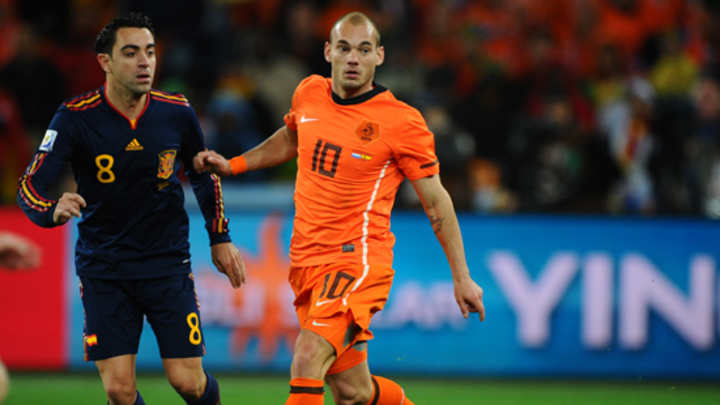
Spain was supposed to run away with Group B. The Netherlands weren't supposed to be nearly as feared as in 2010, when the Dutch reached the final. Of course, things don't always go to script.
The Netherlands scored five unanswered goals to shock defending World Cup champion Spain 5-1 in Salvador, delivering the most stunning result of the tournament's early games. Robin van Persie canceled out Xabi Alonso's penalty kick with a wondrous diving header and added a second goal off an Iker Casillas gaffe; Arjen Robben scored two of his own and defender Stefan de Vrij added one off a set piece as Louis van Gaal's side but La Furia Roja to the sword.
Spain now has to consider goal differential and be flawless in its final two group games against Chile and Australia, or else missing out on the knockout stage altogether -- let alone having a chance to repeat as champion -- may become a reality.
BIRD: Three Thoughts on Netherlands 5, Spain 1
Here's how the stunning result unfolded:
GALLERY: 25 Players to Watch at the World Cup
25 Players to Watch at the World Cup
Cristiano Ronaldo, Portugal
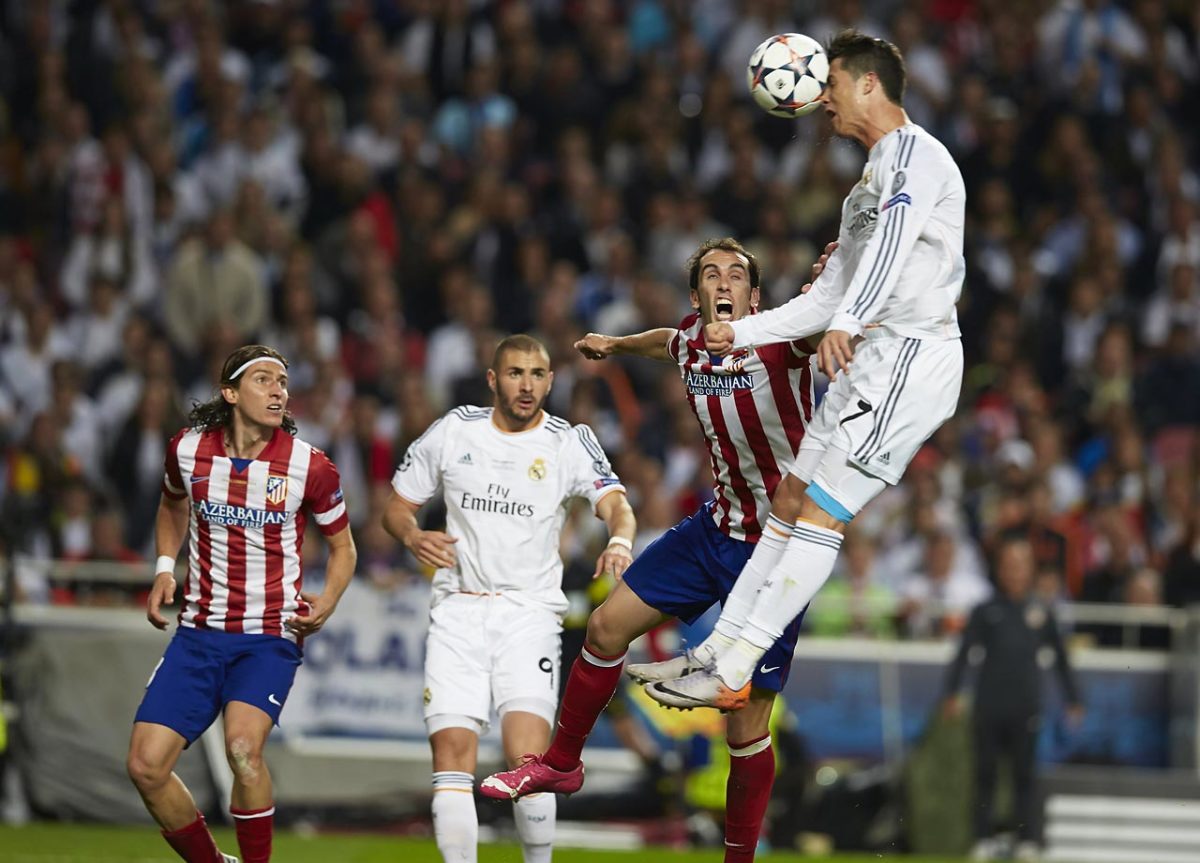
The reigning Ballon d’Or winner just helped Real Madrid win its 10th UEFA Champions League title as well. His supporting cast isn’t as impressive as Lionel Messi’s with Argentina or Neymar’s with Brazil, so this tournament should be a chance for Ronaldo to see just how far he can carry a team.
Lionel Messi, Argentina
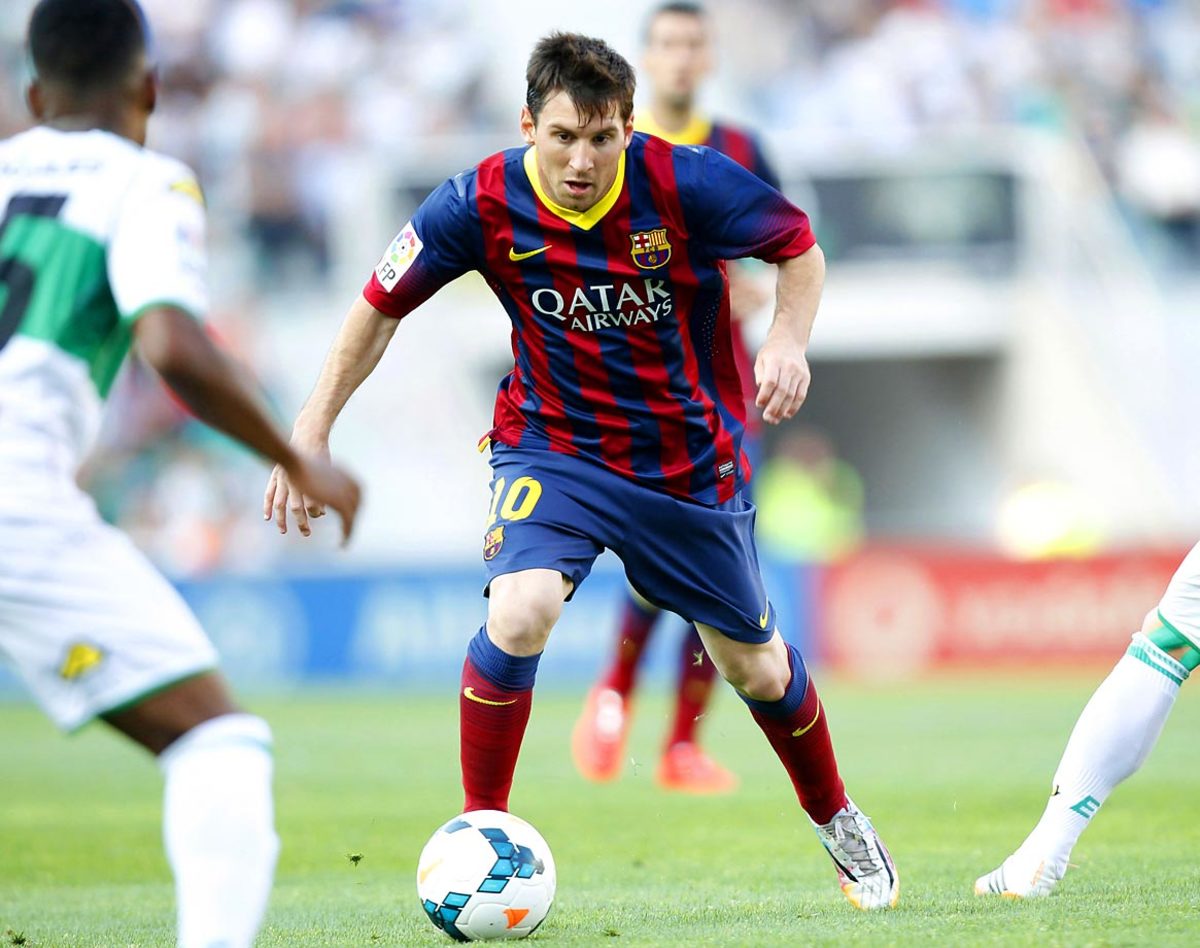
Despite his obvious talent and immense contributions in conquering Europe with FC Barcelona, Messi’s biggest criticism has always been a perceived lack of similar productivity with the national team. A World Cup on his home continent, with the best Argentina team of the last few cycles around him, should be an opportunity to break that streak.
Ángel di María, Argentina
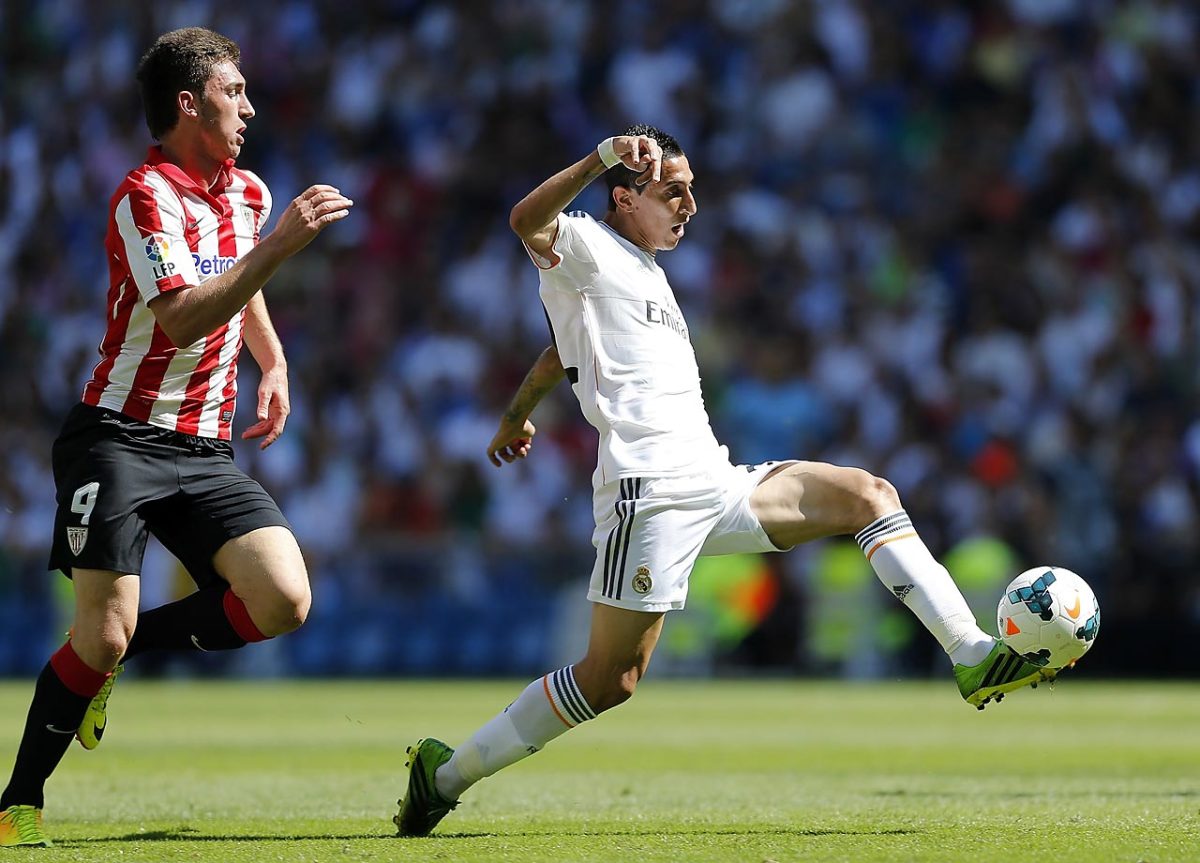
The star of Real Madrid’s Champions League final triumph, di María is a tireless midfielder who combines an explosive change of pace with excellent dribbling ability to unlock defenses. His work rate allows him to continue at the same pace all game, long after opponents have dropped off.
Luis Suárez, Uruguay
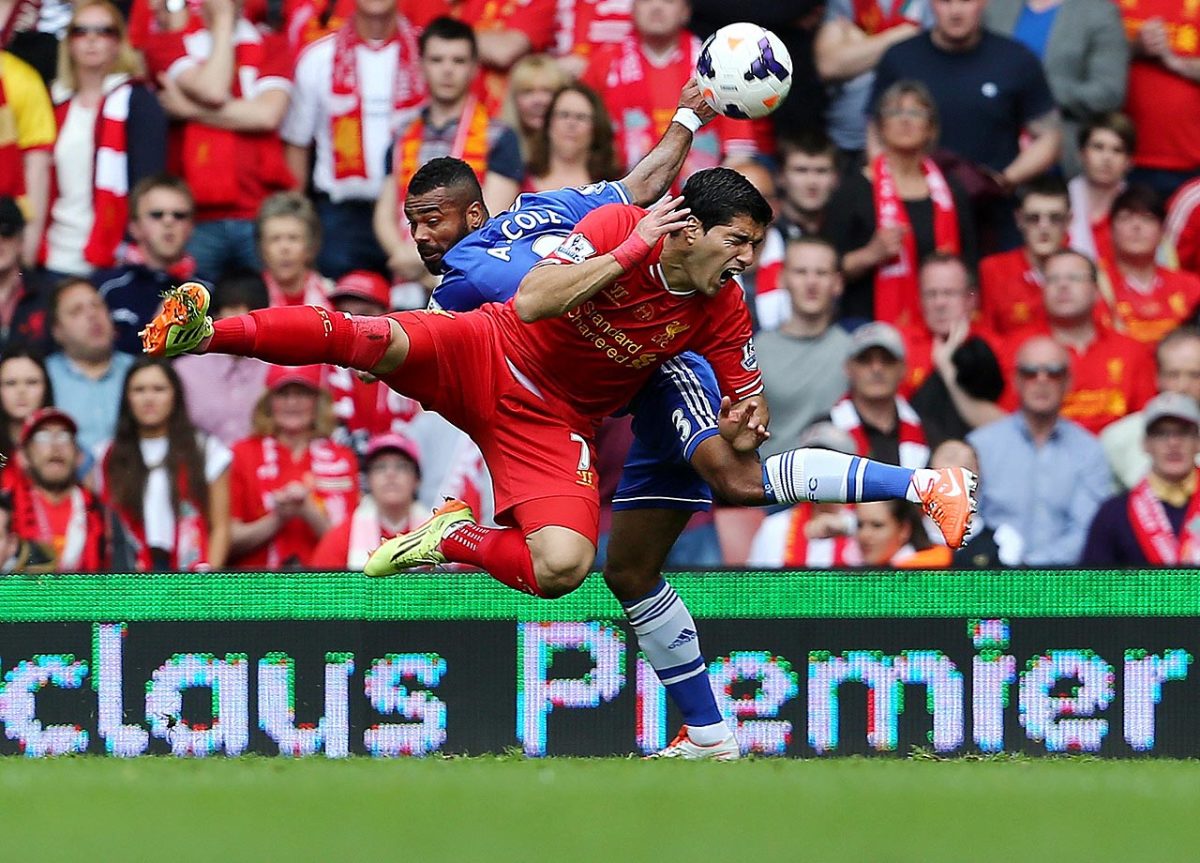
Probably the most controversial and divisive player on the planet, there is no doubting Suárez’s ability despite the headlines he accrued in the past seasons. He was voted the best player in the English Premier League by his peers this season, showing the respect he receives among those who know him best.
Arjen Robben, Netherlands
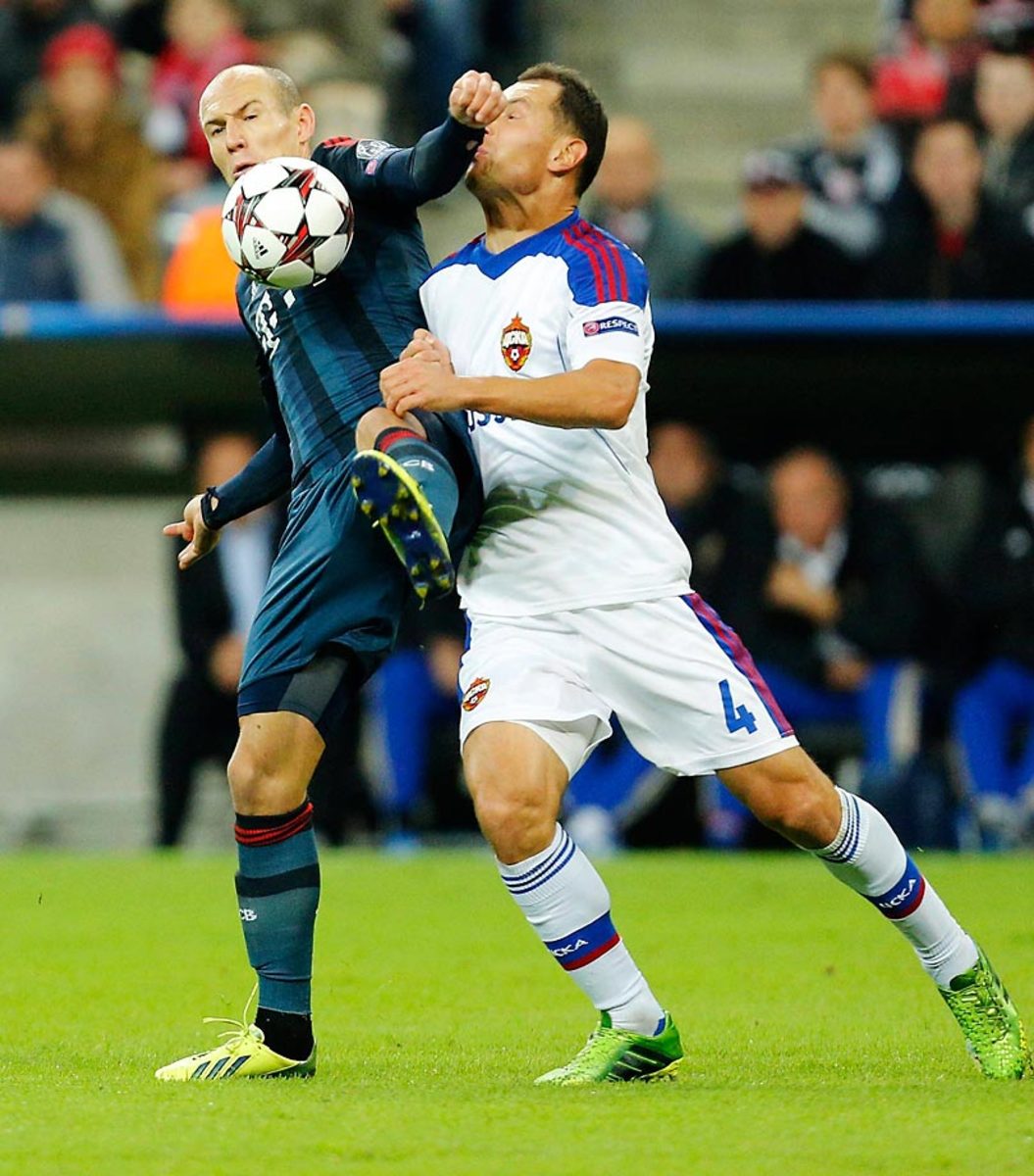
Despite the criticism of being one-footed and a diver, Robben consistently produces for club and country. He’s not strictly a goal scorer, but he seems to pop up in the right place when his team needs one, including in the 2013 Champions League final for Bayern Munich when he scored the late winner — with his left foot, of course.
Neymar, Brazil
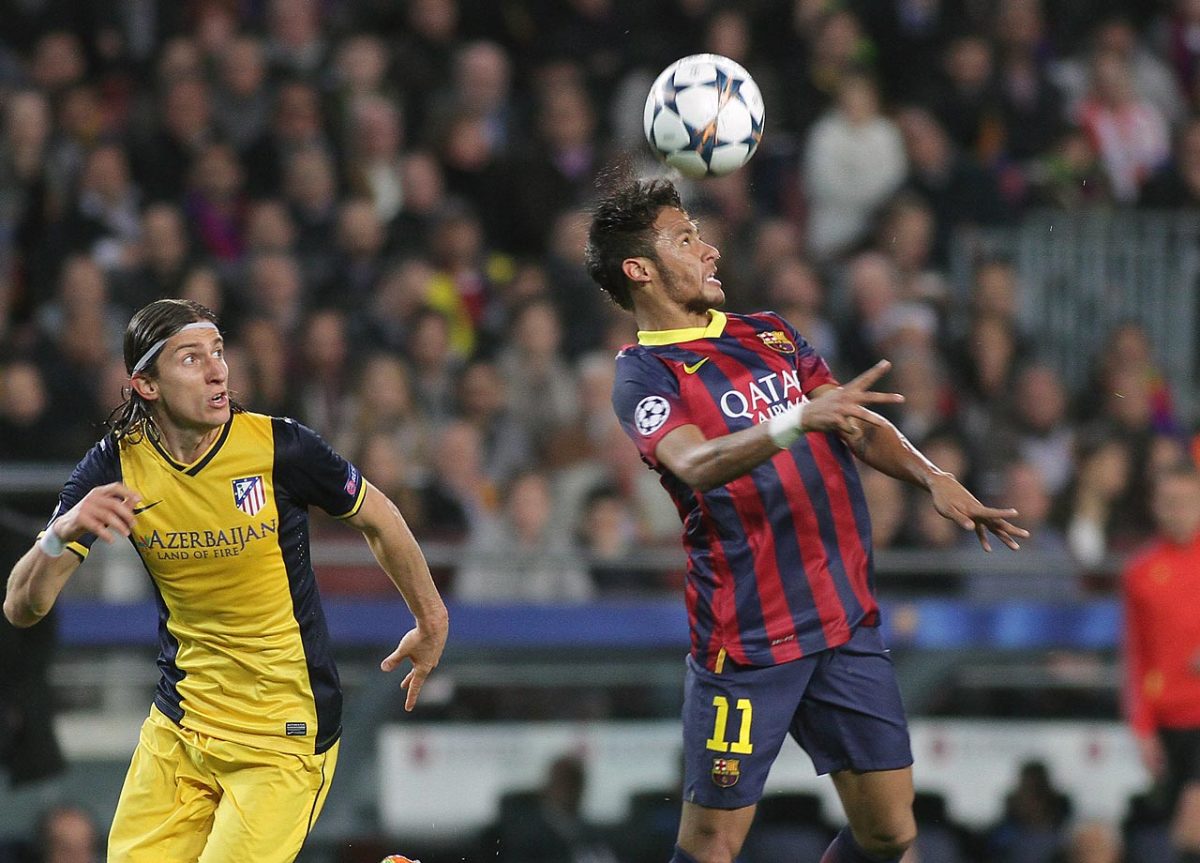
After dominating the Brazilian league, Neymar moved to play alongside Lionel Messi and FC Barcelona this season. Injuries and a slow learning curve stunted his productivity, but his new fans did get to see his ability in flashes. The Brazilian national team might be more in his comfort zone, marking a return to the nation he carried to the 2013 Confederations Cup win.
Wayne Rooney, England
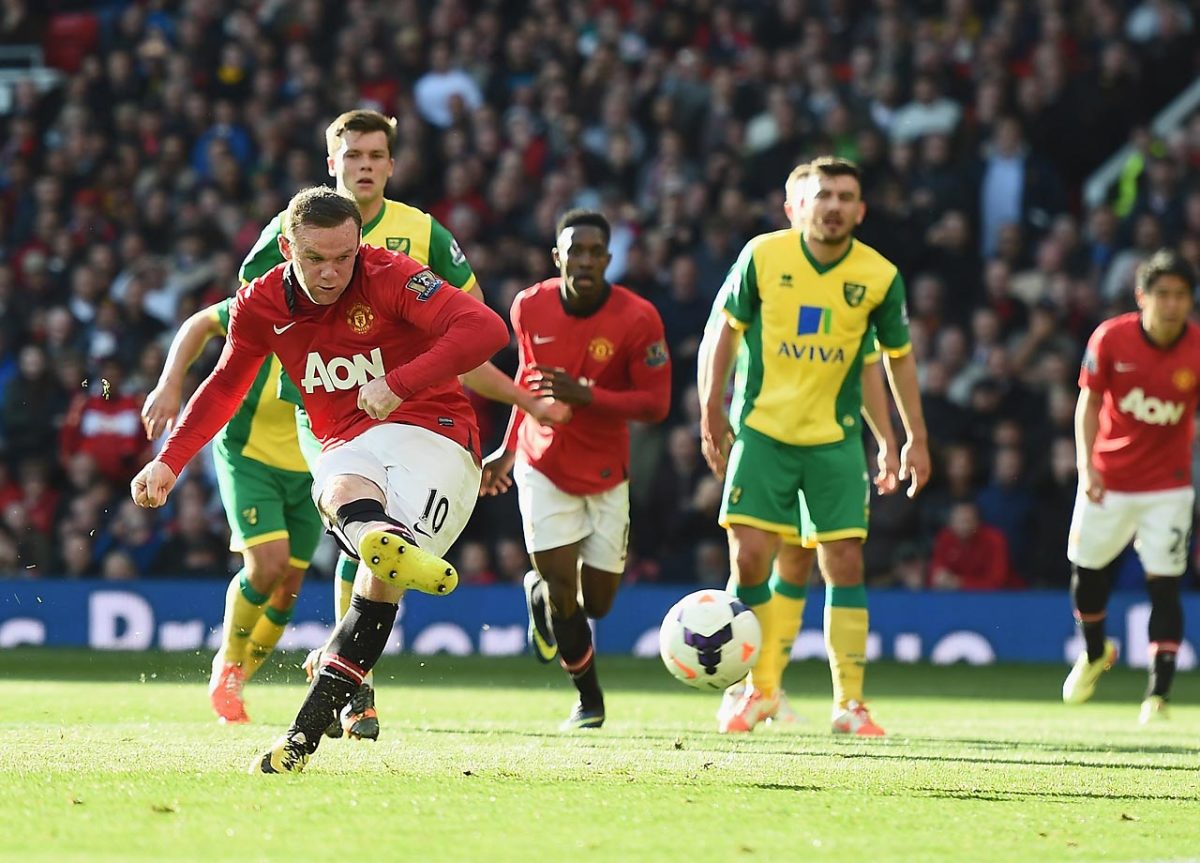
Rooney’s productivity didn’t drop with Manchester United’s league and continental fortunes. He scored 19 goals in all competitions, eclipsing his previous season, and he coupled that with seven goals for England in its World Cup qualifying campaign.
Mario Balotelli, Italy
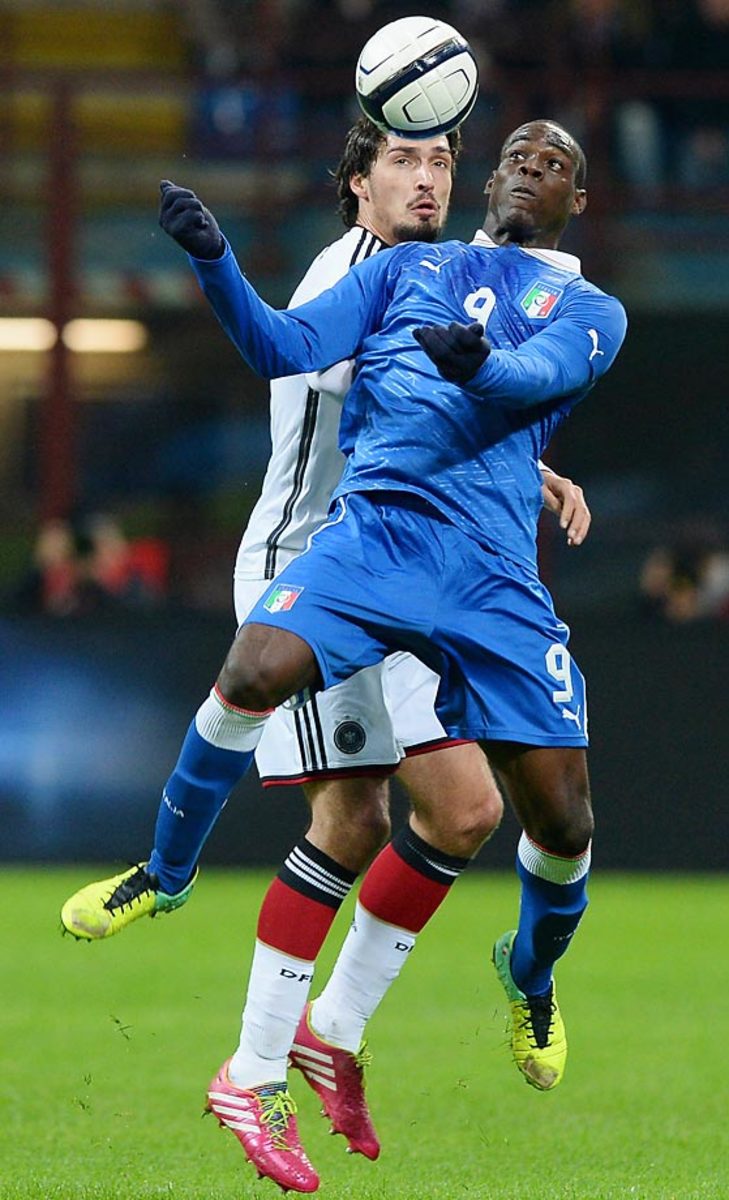
Balotelli has taken heavy criticism for his periodically immature outbursts and a supposed lack of discipline, but a return to Serie A with AC Milan also brought with it an outburst of goals. He scored 18 in all competitions in 2013-14, as well as two in Italy’s Confederations Cup effort last summer.
Andrea Pirlo, Italy
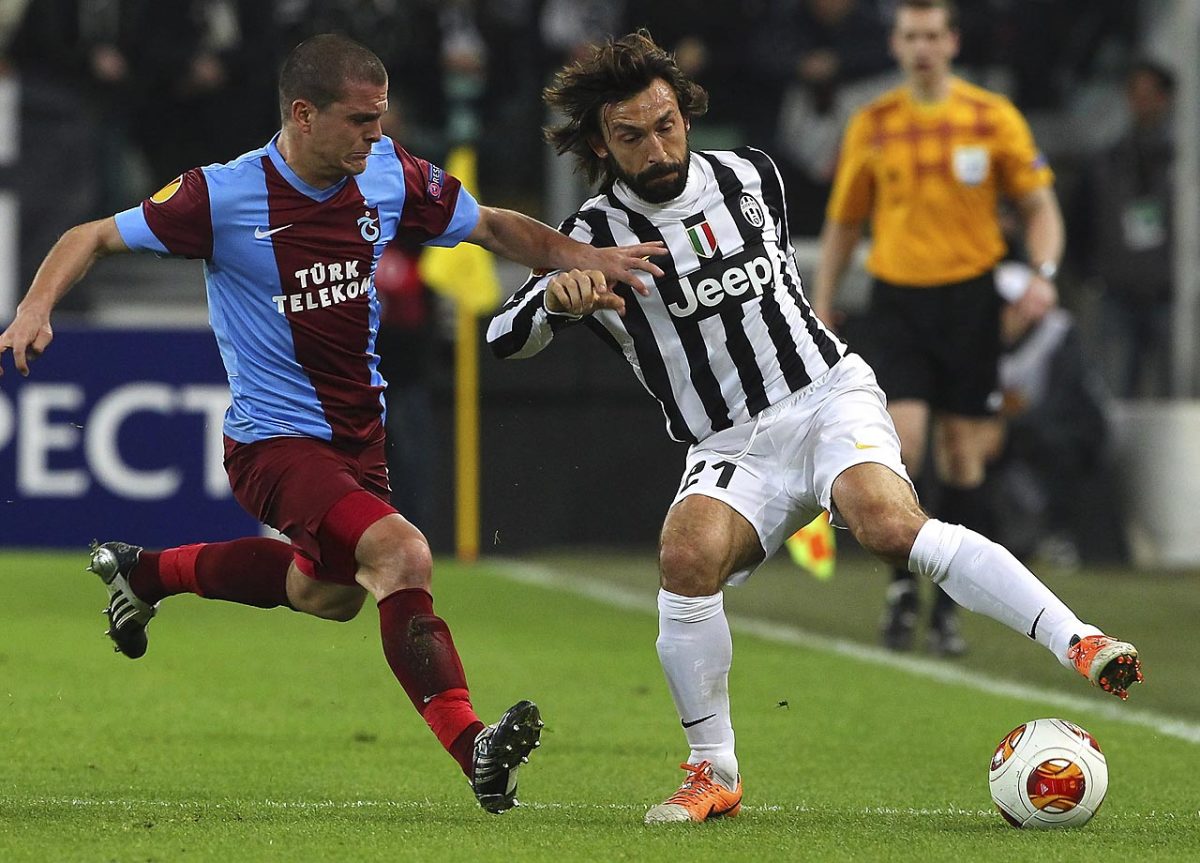
Pirlo may appear ageless, but his game has never been predicated on physicality. While his body gets older, his mind only gets sharper, allowing him to maintain his form as one of the world’s best playmakers. Pirlo can also smack in free kicks with the best of them, making him a threat in multiple phases of play.
Didier Drogba, Ivory Coast
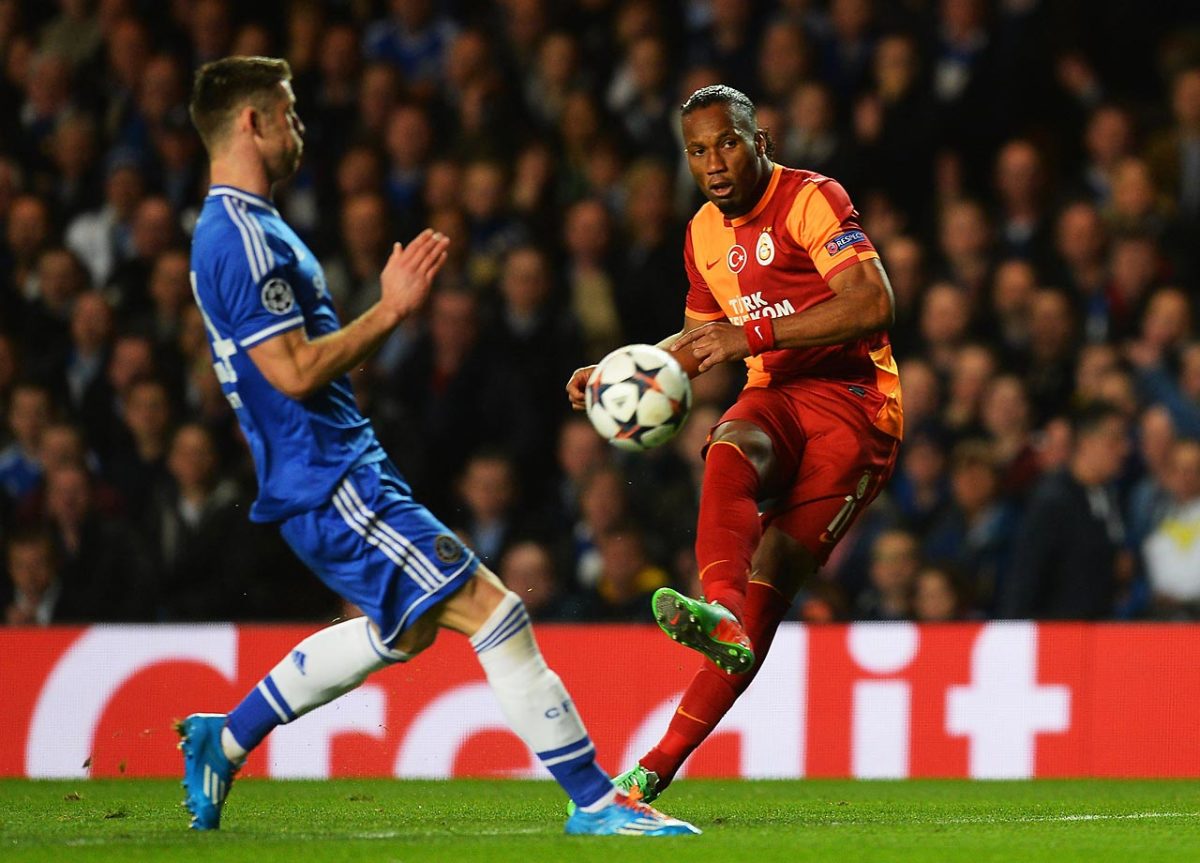
This World Cup will be Drogba’s last stand on the international level. Compared to his club numbers, the 36-year-old’s national team goal-scoring record has been mediocre, his own form personifying a larger listlessness among his nation at the highest levels. He has one last chance to turn the narrative around.
Karim Benzema, France
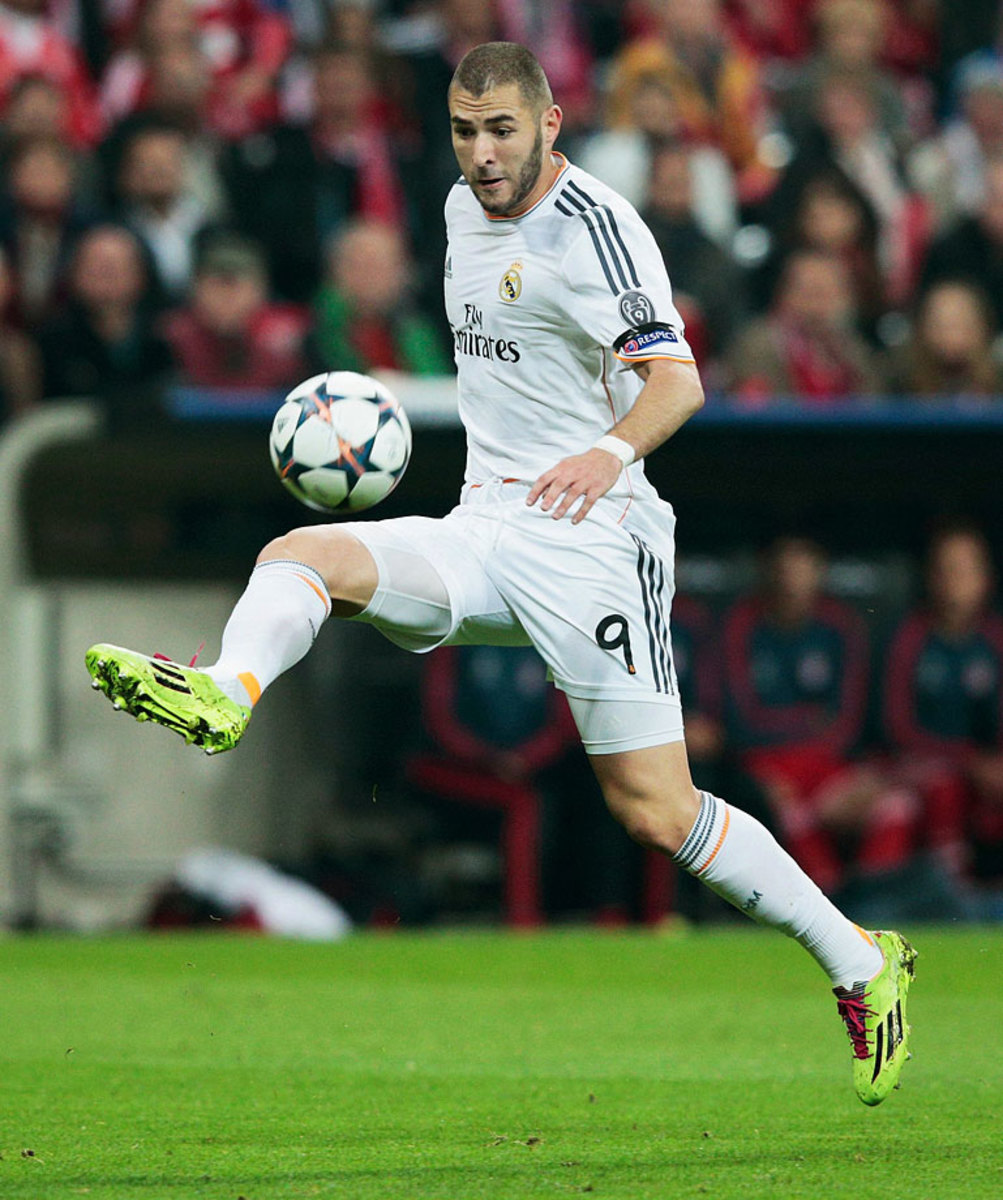
The 26-year-old Real Madrid forward helped the Spanish side to a Champions League title, scoring 24 goals in all competitions, including five on Europe’s biggest stage. With compatriot Franck Ribery ruled out for the World Cup with a back injury, the onus falls even more on Benzema to lead Les Bleus’ attack.
Keisuke Honda, Japan
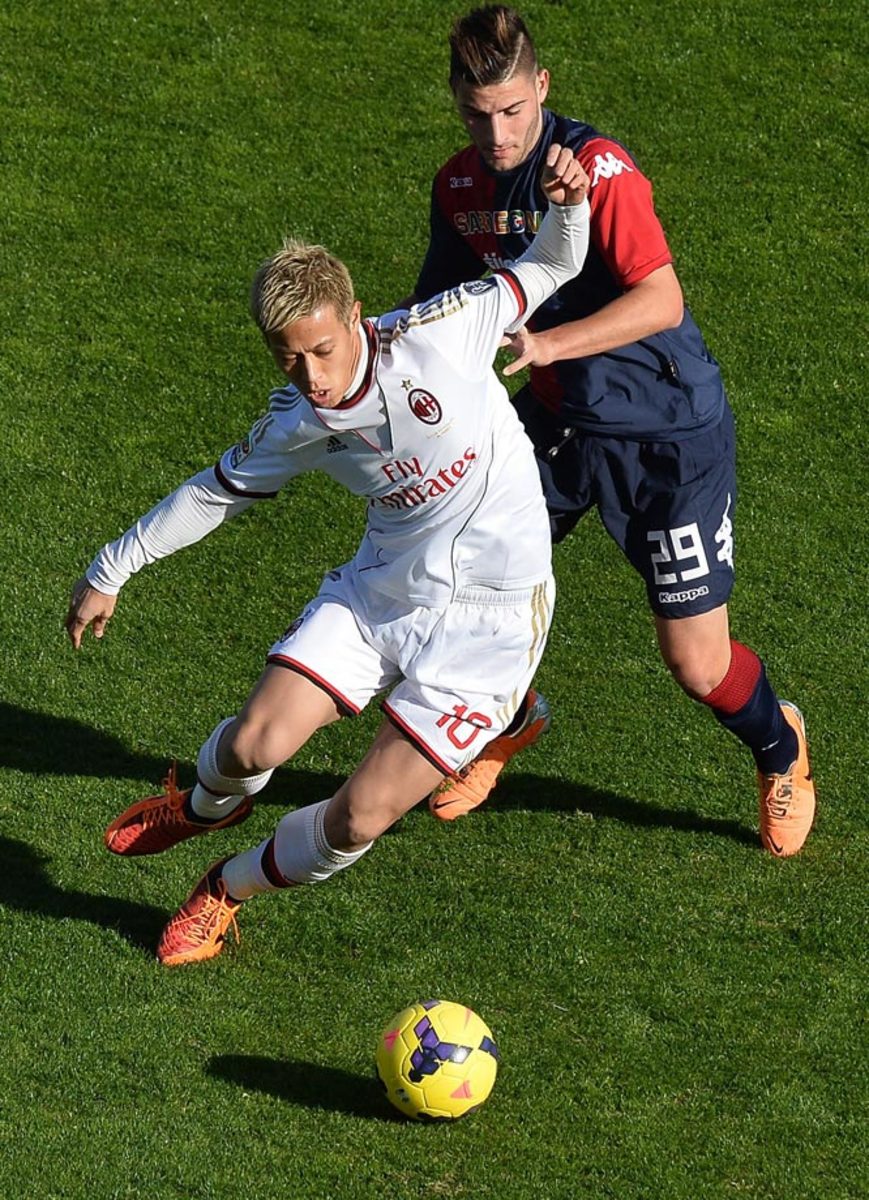
Honda finally moved to a big club in January, joining AC Milan from CSKA Moscow. He has been an important player for his national team since bouncing between the Dutch first and second tiers with VVV-Venlo, working his way up gradually and patiently. Honda will be Japan’s primary playmaker in Brazil.
Paul Pogba, France
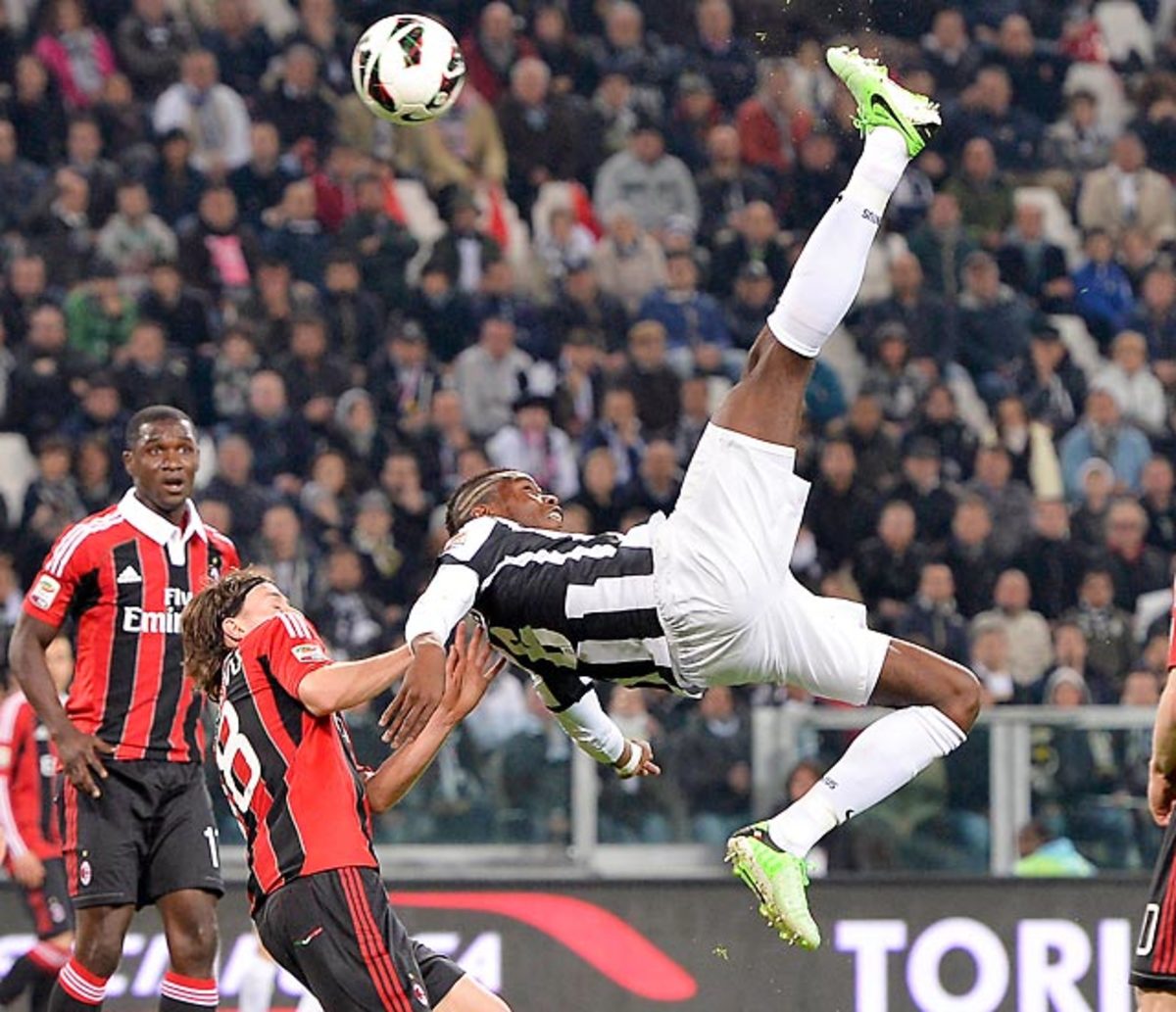
In many ways, Pogba is similar to Mario Balotelli. He had a dramatic falling out with his manager in England, leaving Manchester United for Juventus in Italy. Since then, he has become a spectacular-goal machine, regularly cutting inside from the right wing to unleash thunderous strikes past hapless goalkeepers.
Eden Hazard, Belgium
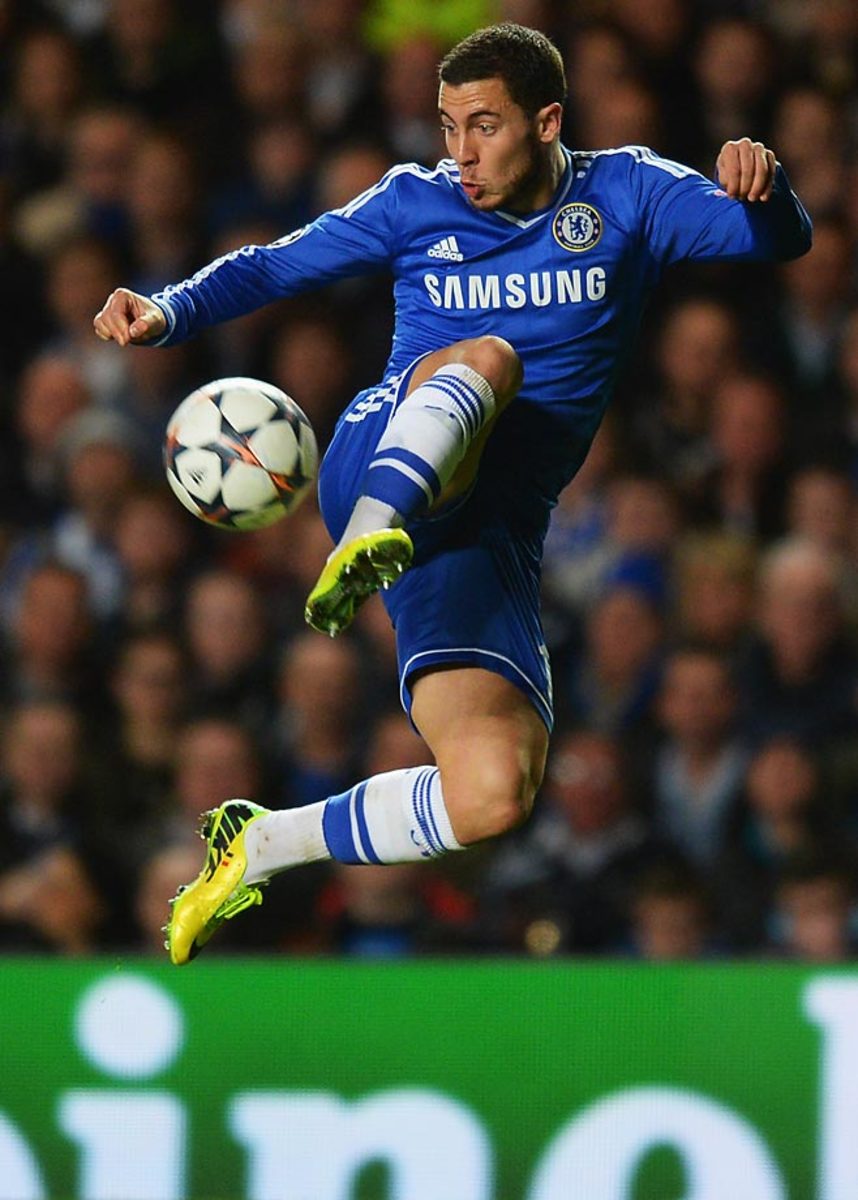
After already winning the Ligue 1 Player of the Year award twice, Hazard reminded everybody that he’s still far from his prime, winning the Young Player of the Year award in England this season. Hazard has become the subject of transfer rumors since Chelsea’s season ended, sparked by comments in the press by him and manager José Mourinho that suggest he might be losing favor.
Yaya Touré, Ivory Coast
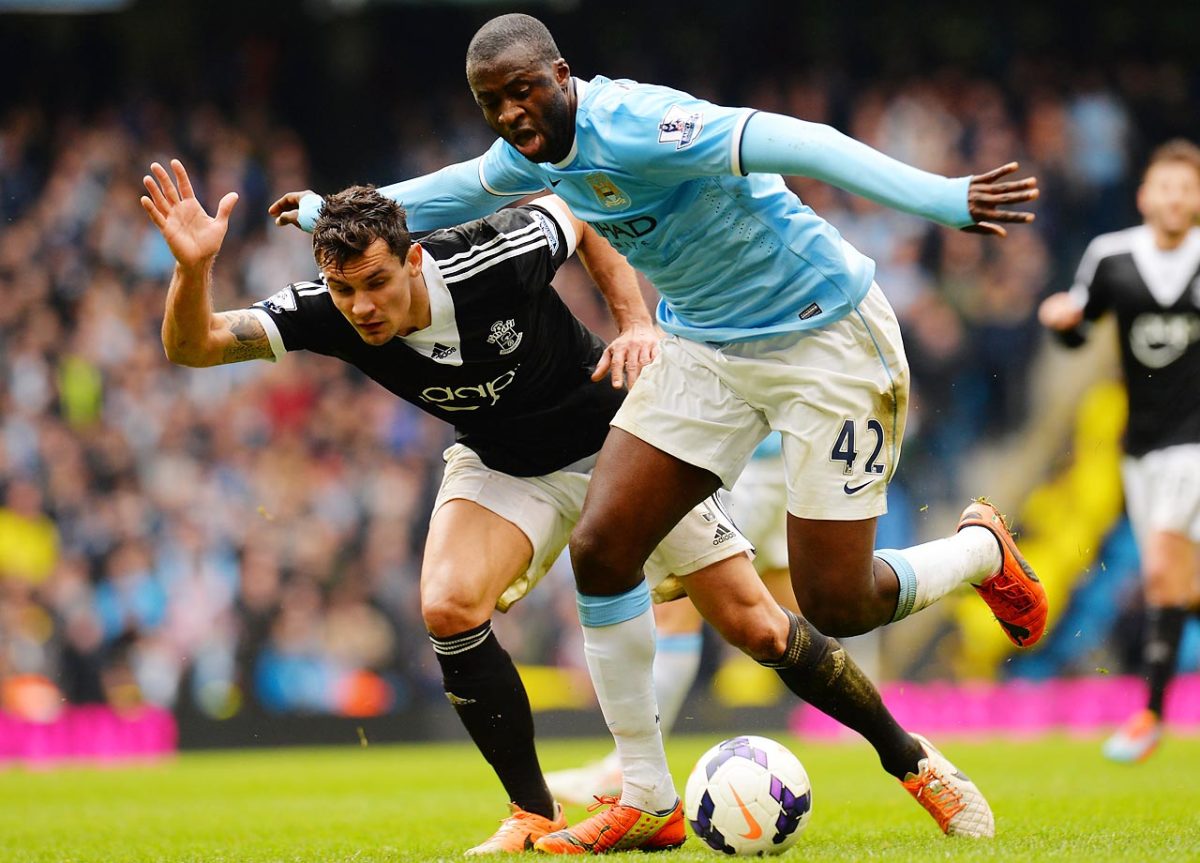
With a weak defense behind him, Touré will be key in any success the Ivory Coast has at the World Cup. He surged forward to score 24 goals for Manchester City last season, but his physical presence and defensive ability will likely be easier to notice against the dangerous attacks of Colombia and Japan.
Michael Bradley, United States
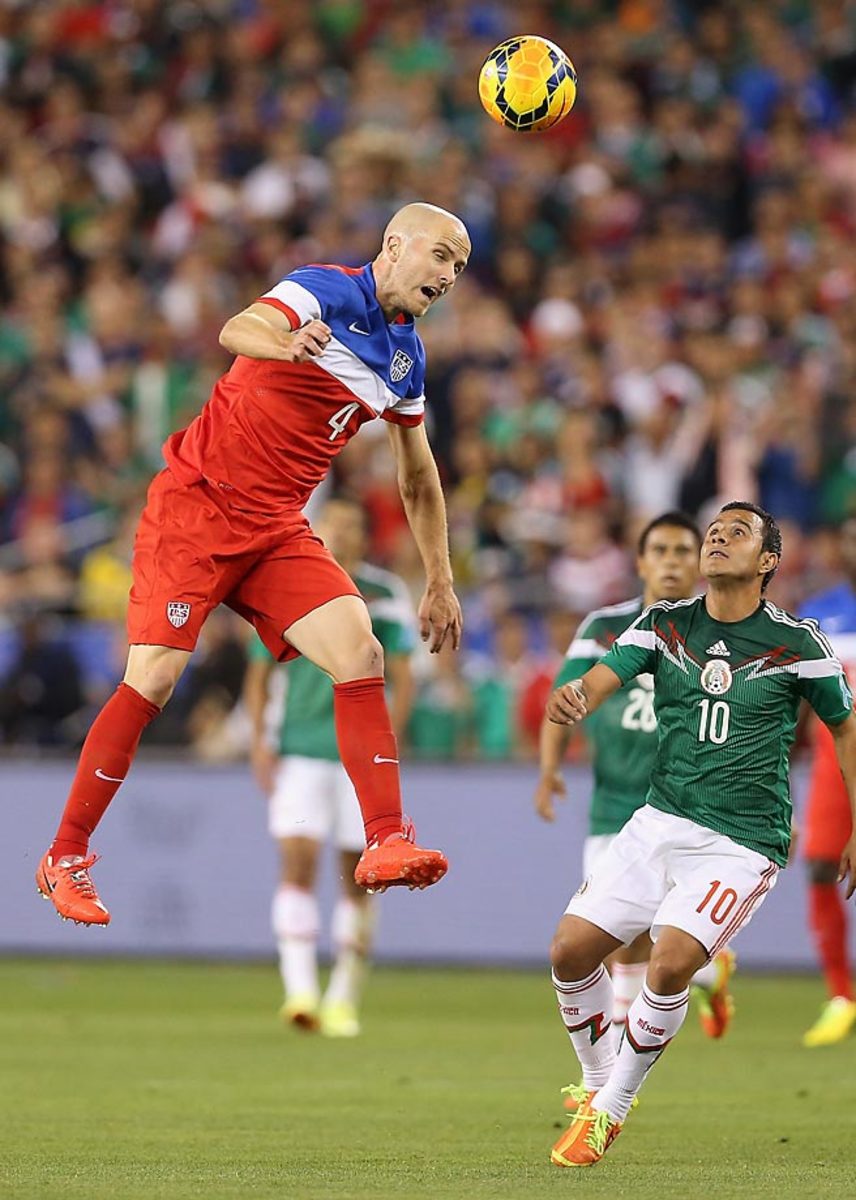
Bradley is the United States’ version of Xavi, although extremely watered down. Rarely does a U.S. game go by where his pass-completion percentage is below 90, and his late runs from midfield add another wrinkle to the American counterattack. Above all, Bradley’s leadership ability will be vital considering the difficult road the U.S. faces to progressing beyond the group stage.
Manuel Neuer, Germany
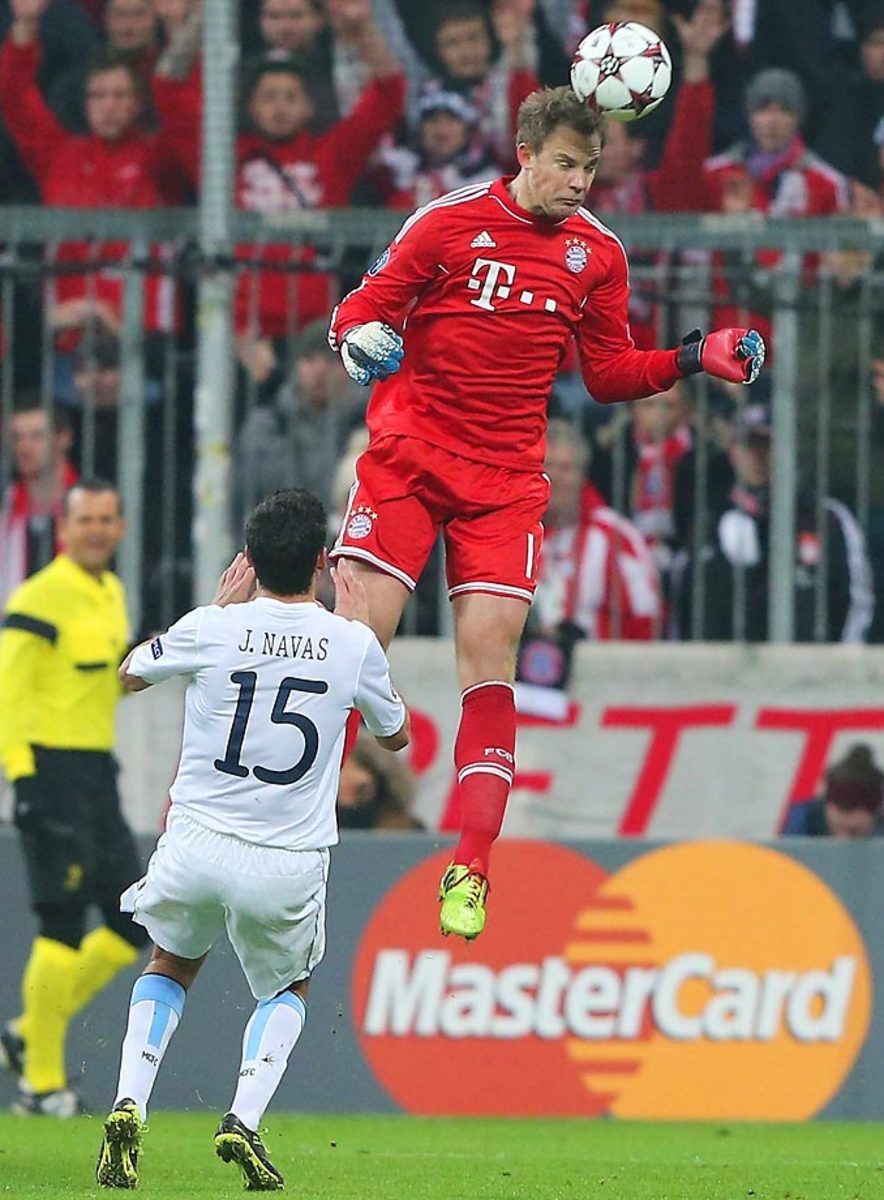
After biding his time as a back-up for Germany and at Schalke in the lower tiers of the Bundesliga, Neuer has emerged as the best goalkeeper in the world since Euro 2012 and his move to Bayern Munich the previous summer. He is the complete package: a shot stopper, good on crosses and excellent with the ball at his feet.
Arturo Vidal, Chile
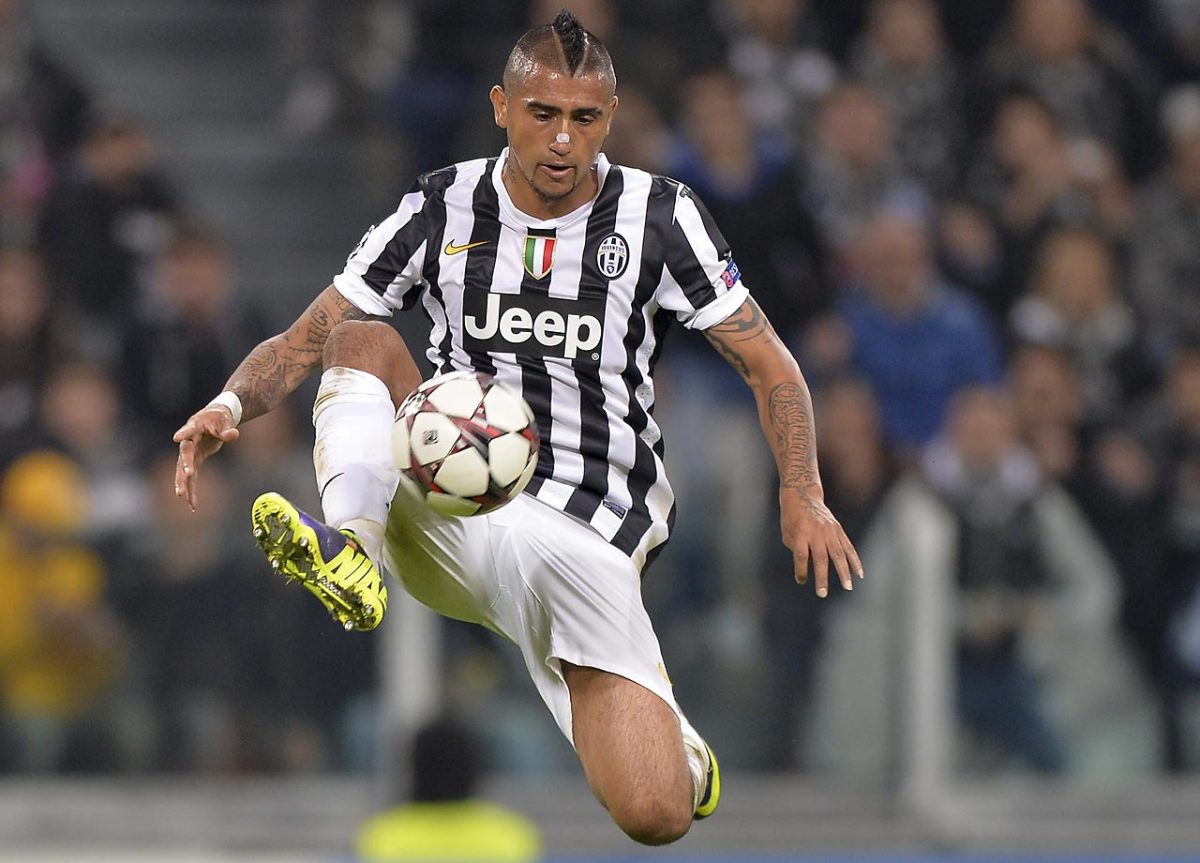
Vidal was Juventus’ leading scorer in continental competition last year, saving his best play for when the lights shined brightest. He works alongside Andrea Pirlo in that midfield, providing the engine as a box-to-box midfielder to complement the older Pirlo’s ability to pick passes. For Chile, Vidal will have to play a larger role.
Alexis Sánchez, Chile
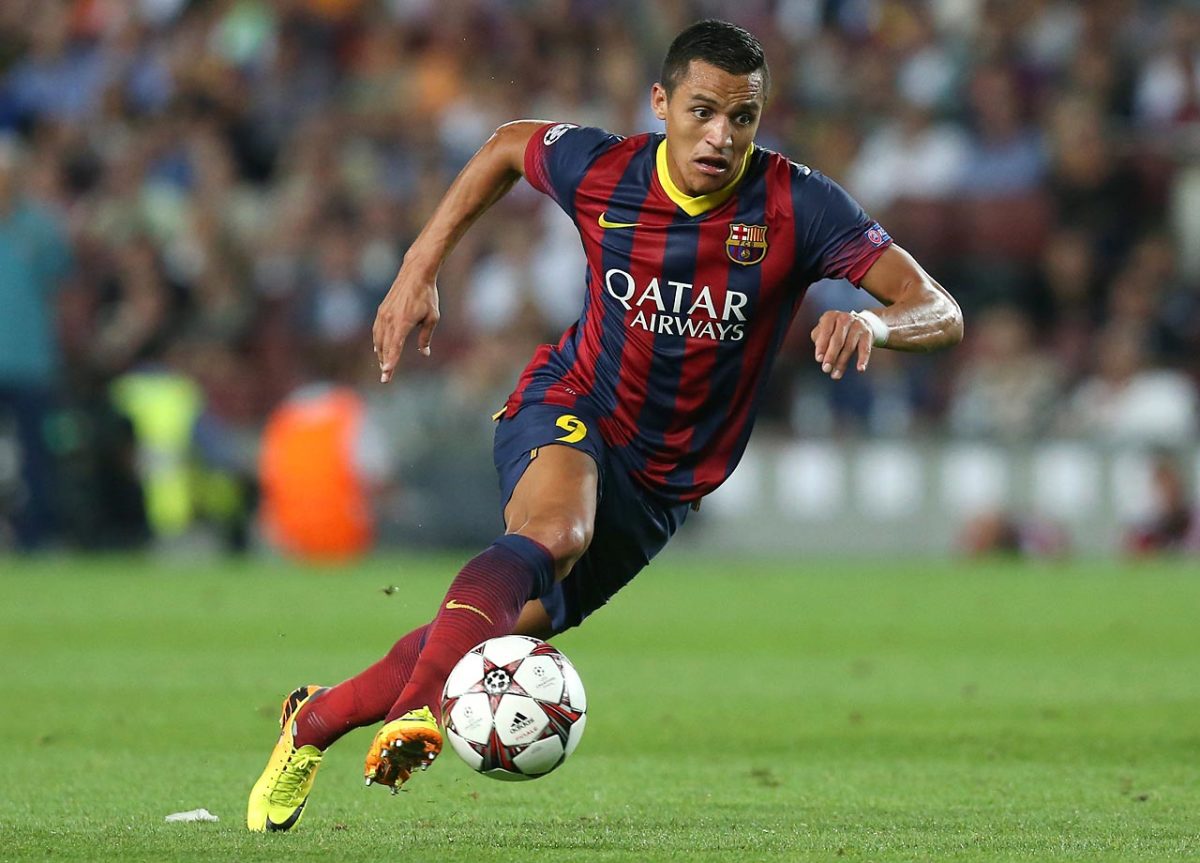
As a frequent option off the bench for FC Barcelona, Sánchez injects pace and one-on-one ability into any game. The way he runs at defenders unsettles back lines, often creating opportunities for teammates by dribbling to the end line and cutting the ball back into onrushing attackers.
Xavi, Spain
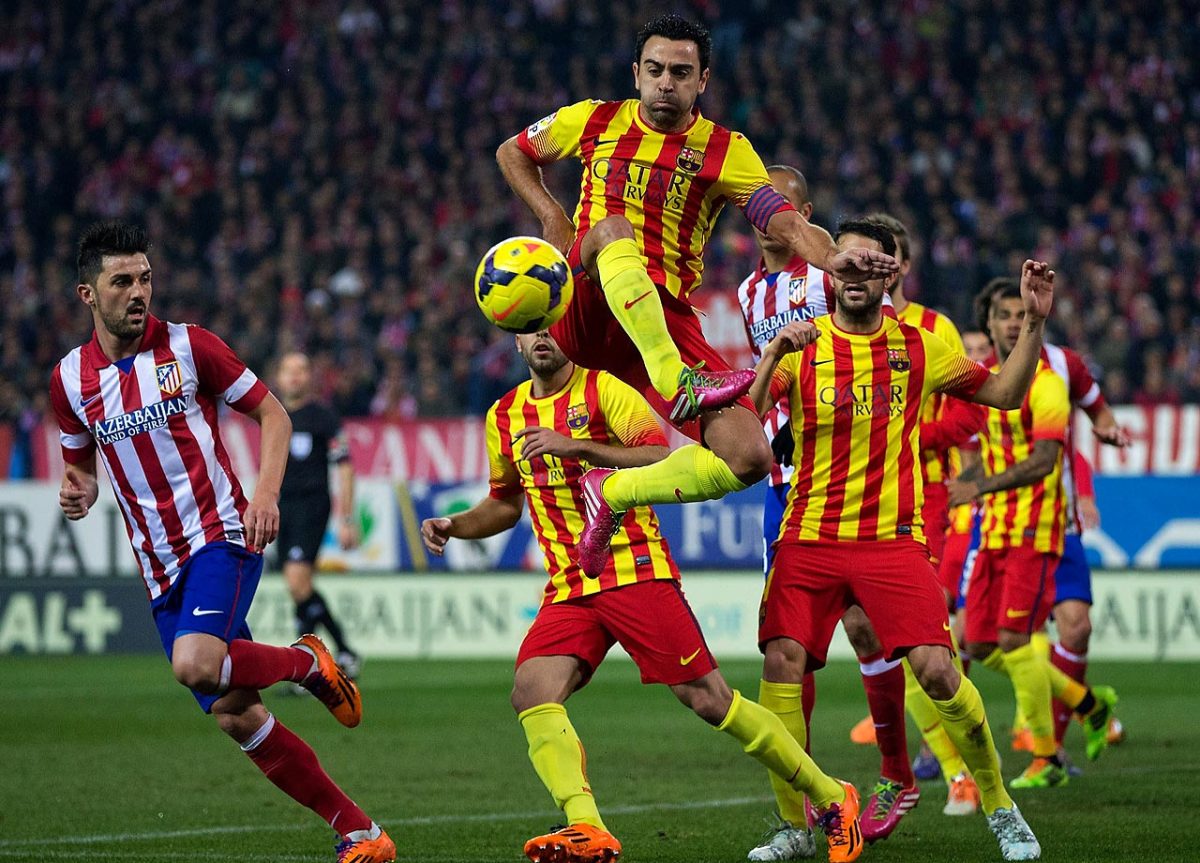
Barcelona and Spain’s midfield maestro, few players in the world can pass the ball like Xavi. His high completion percentage shows the beauty of the simple game and how effective it can be if coupled with next-level soccer IQ. Spanish manager Vicente del Bosque will have to find the right partners for Xavi, as Andrés Iniesta and Sergio Busquets are on the club side.
Andrés Iniesta, Spain
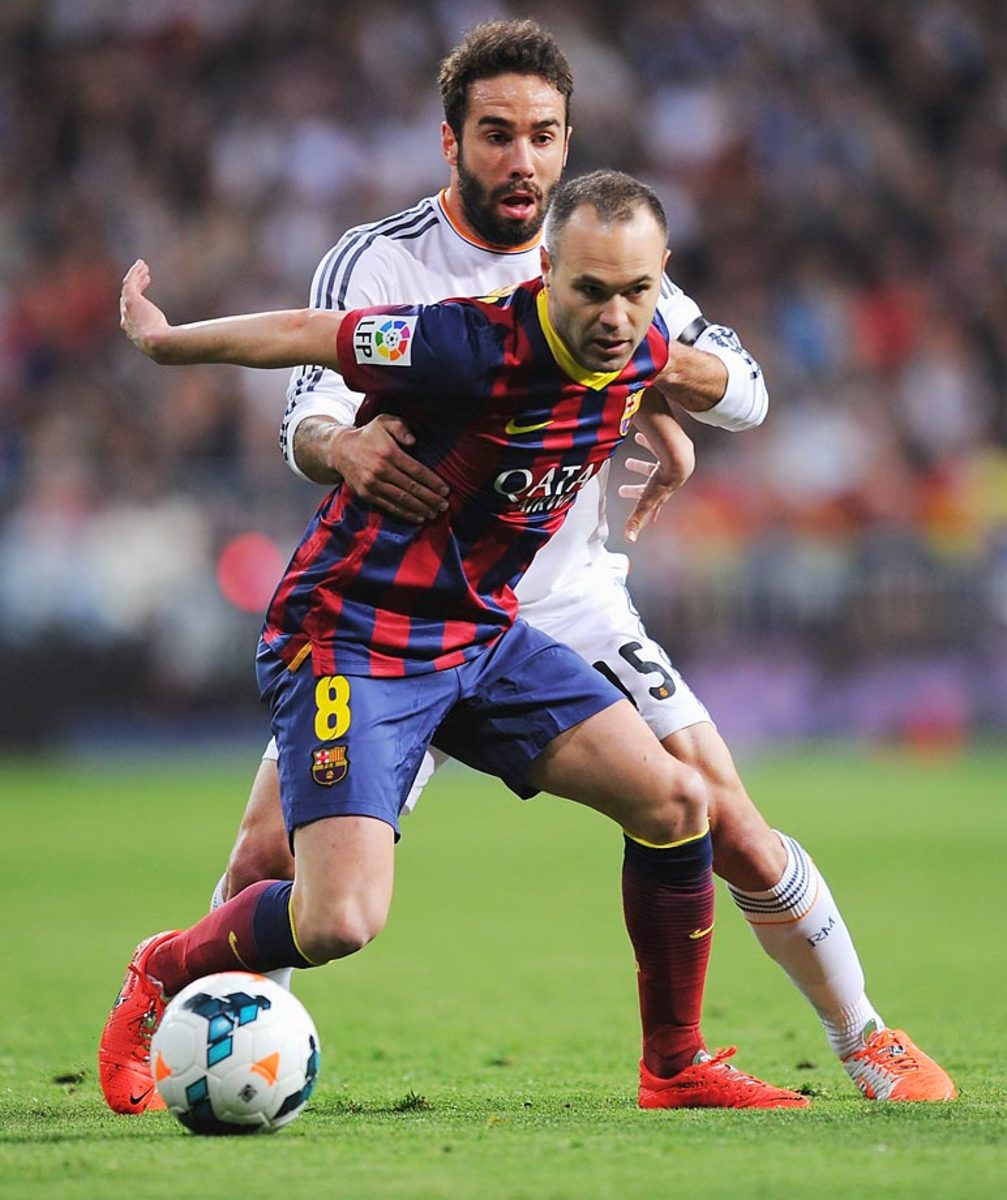
With Cesc Fàbregas playing a larger role in central midfield for Barcelona under Tata Martino, Iniesta had to find a way to impact the game from a different spot. As a result, he became a left-winger in Barça’s 4-3-3 that thrives on overloading the middle and providing killer through passes to the forward line.
Luka Modrić, Croatia
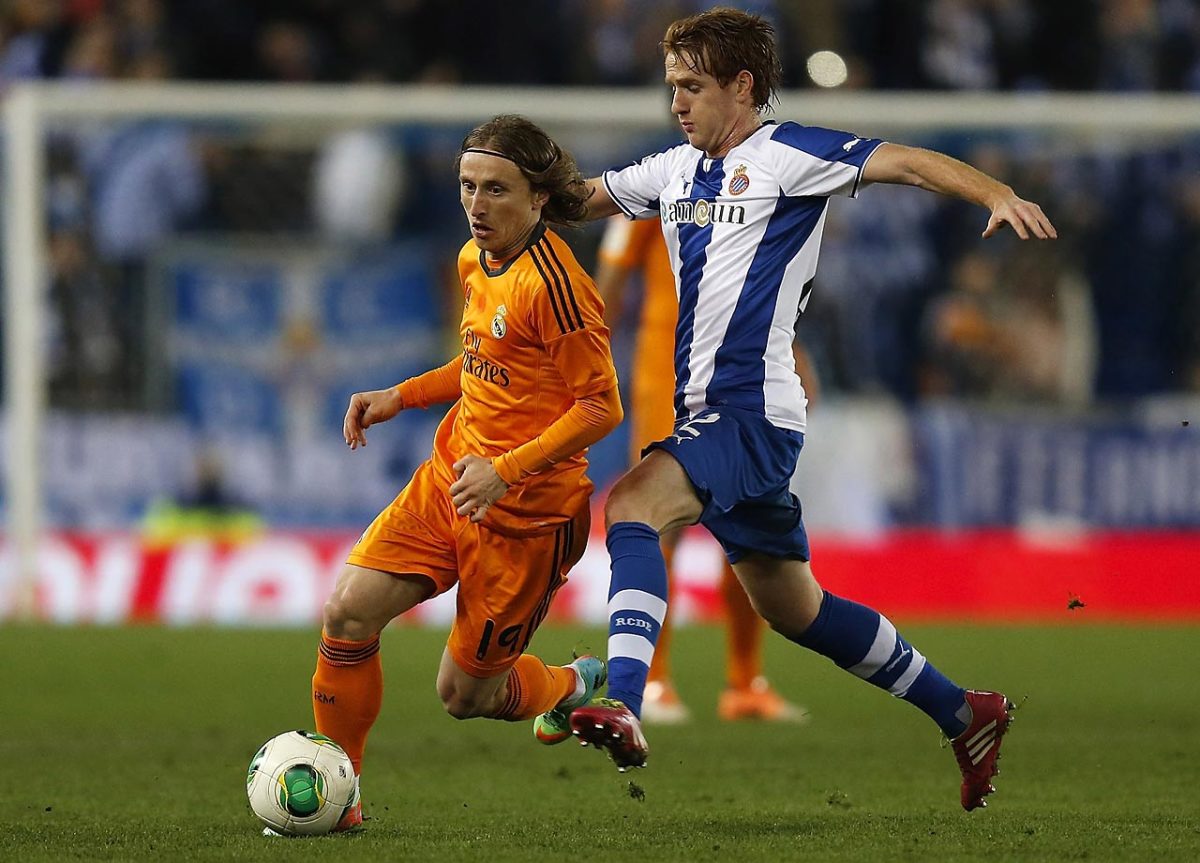
Croatia has the ability to pull off surprise results in Brazil, not least of which would be against the host nation in the opening game. Modrić is well equipped to lead his team and control any game’s tempo from central midfield, along with partner Ivan Rakitić. Modrić is a complete player, proficient with the ball at his feet in both passing and dribbling, as well as maintaining a strong presence in front of the defense.
Robin van Persie, Netherlands
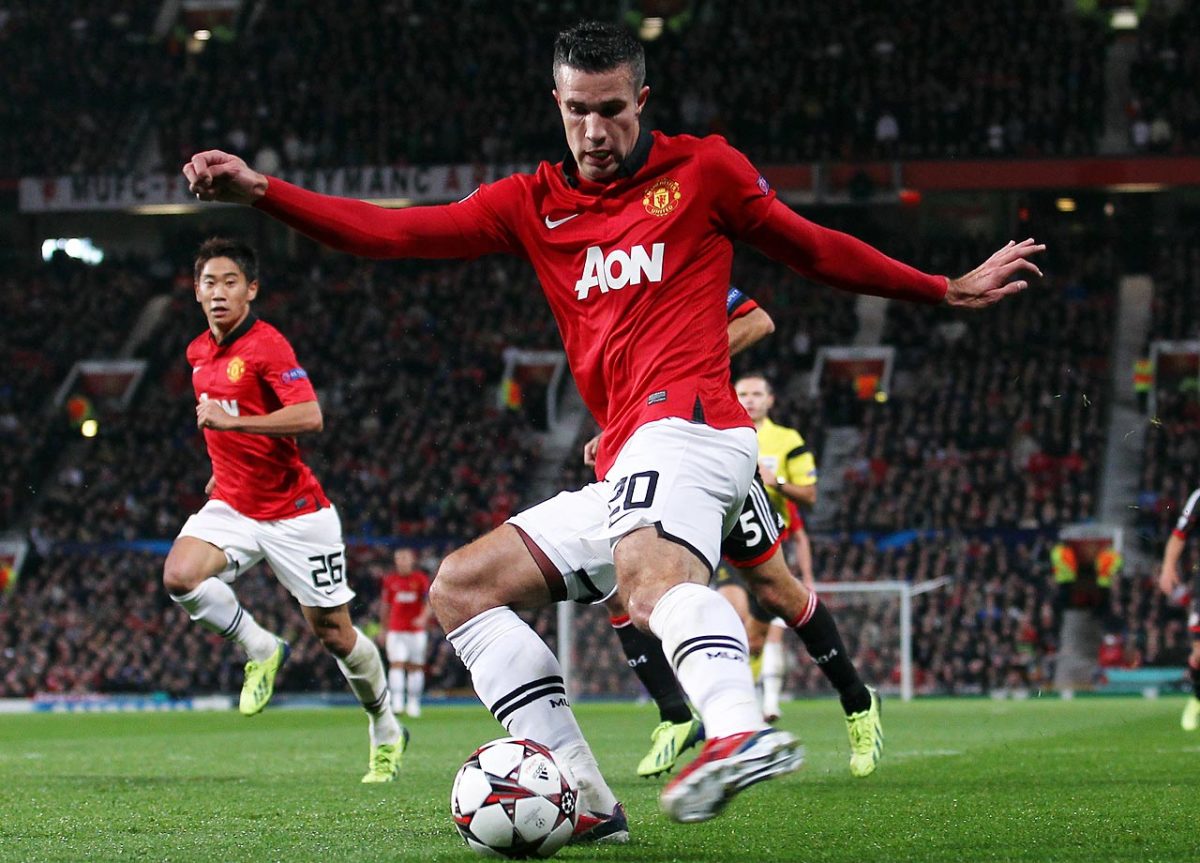
Under Dutch manager Louis van Gaal, van Persie has found the best international form of his life. He scored 11 goals for the Netherlands in qualifying for Brazil 2014, only failing to score in three competitive appearances since Euro 2012. Van Gaal will join van Persie at Manchester United after the World Cup, giving him more of a reason to want to impress his boss.
Edin Džeko, Bosnia-Herzegovina
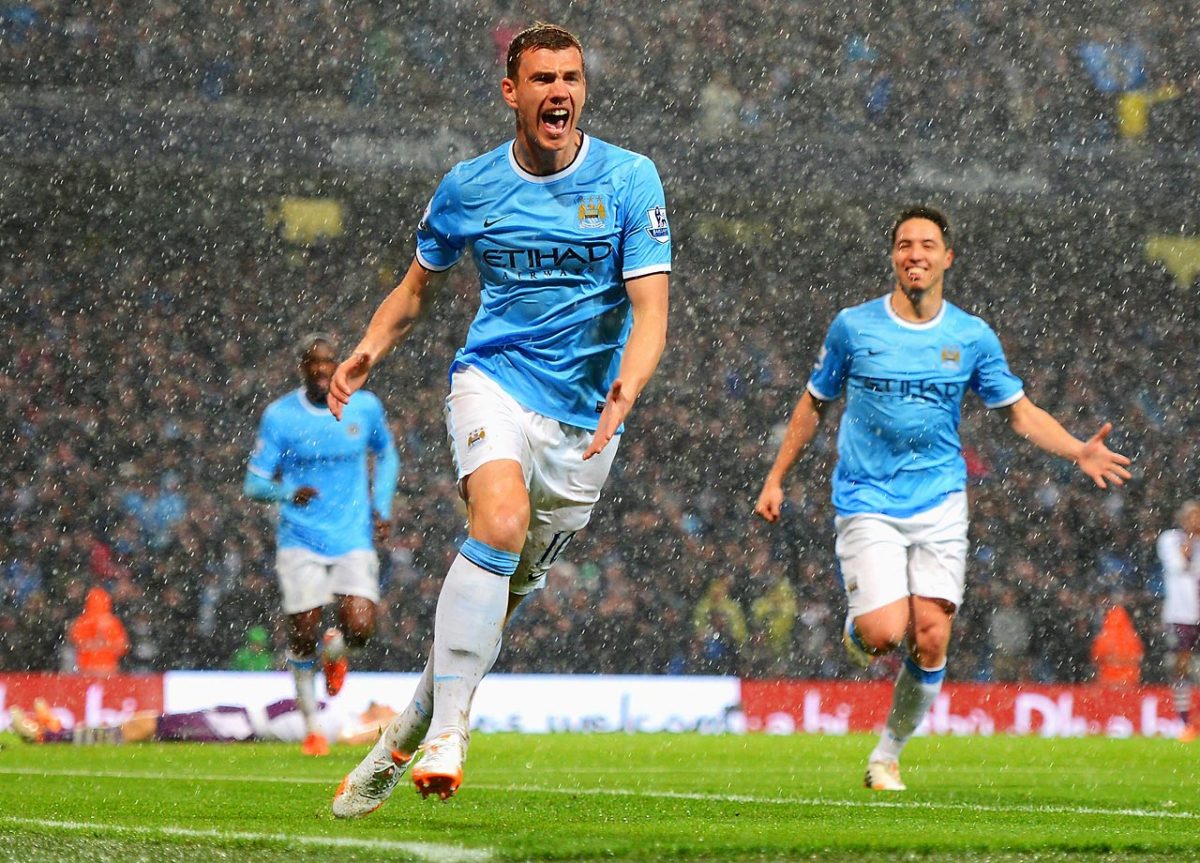
Džeko finished the season for English champion Manchester City in great form, scoring five goals in his last four appearances. Most of the times Džeko scores, he seems to add another one later in the game, showing his never-satisfied mentality. The big target striker was his country’s leading scorer in qualifying as well, scoring 10 goals in 10 games.
Mesut Özil, Germany
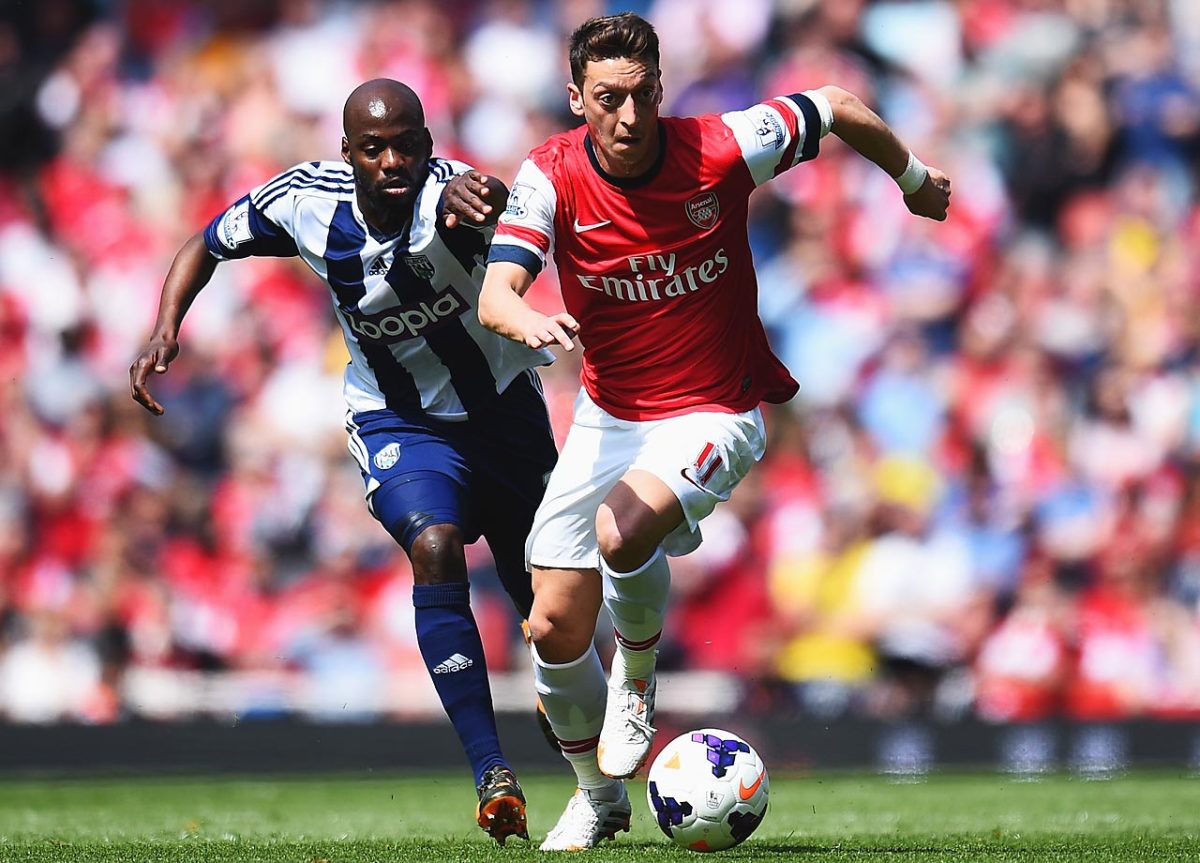
After moving to Arsenal last summer, Özil’s playmaking ability shined with his new club. He can both pass the ball and finish with late midfield runs, playing deeper in the central-midfield block for both his club and Germany. It feels like Özil has been around forever, largely due to making his first-team debut with Schalke at age 17, eight years ago.
